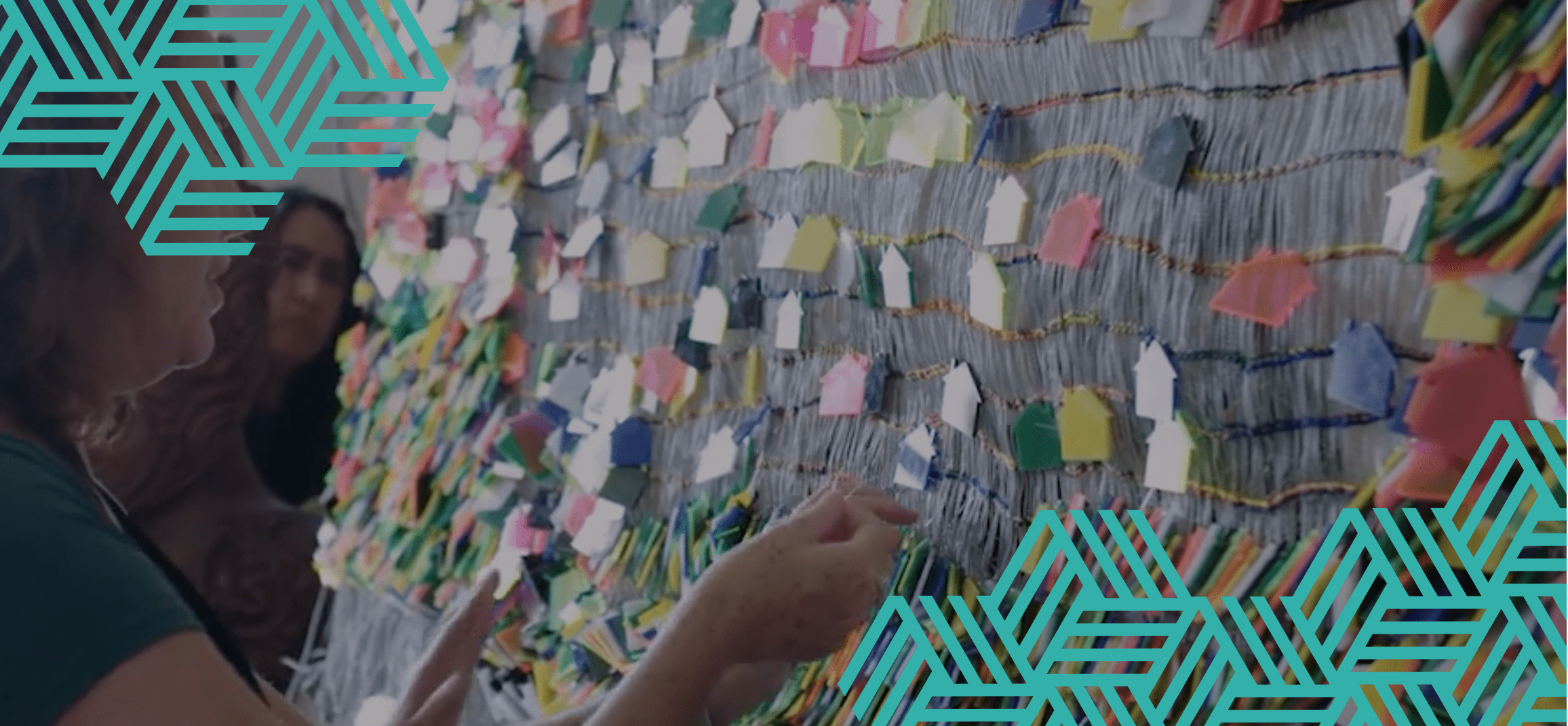Find out about the main sources of funding and support for your project:
More information
You’ll find more about your community fundraising options and creating a fundraising plan at CommunityNet
Tax
With all fundraising activities, it's important to know what tax to pay. For more information visit Inland Revenue -Te Tari Taake




